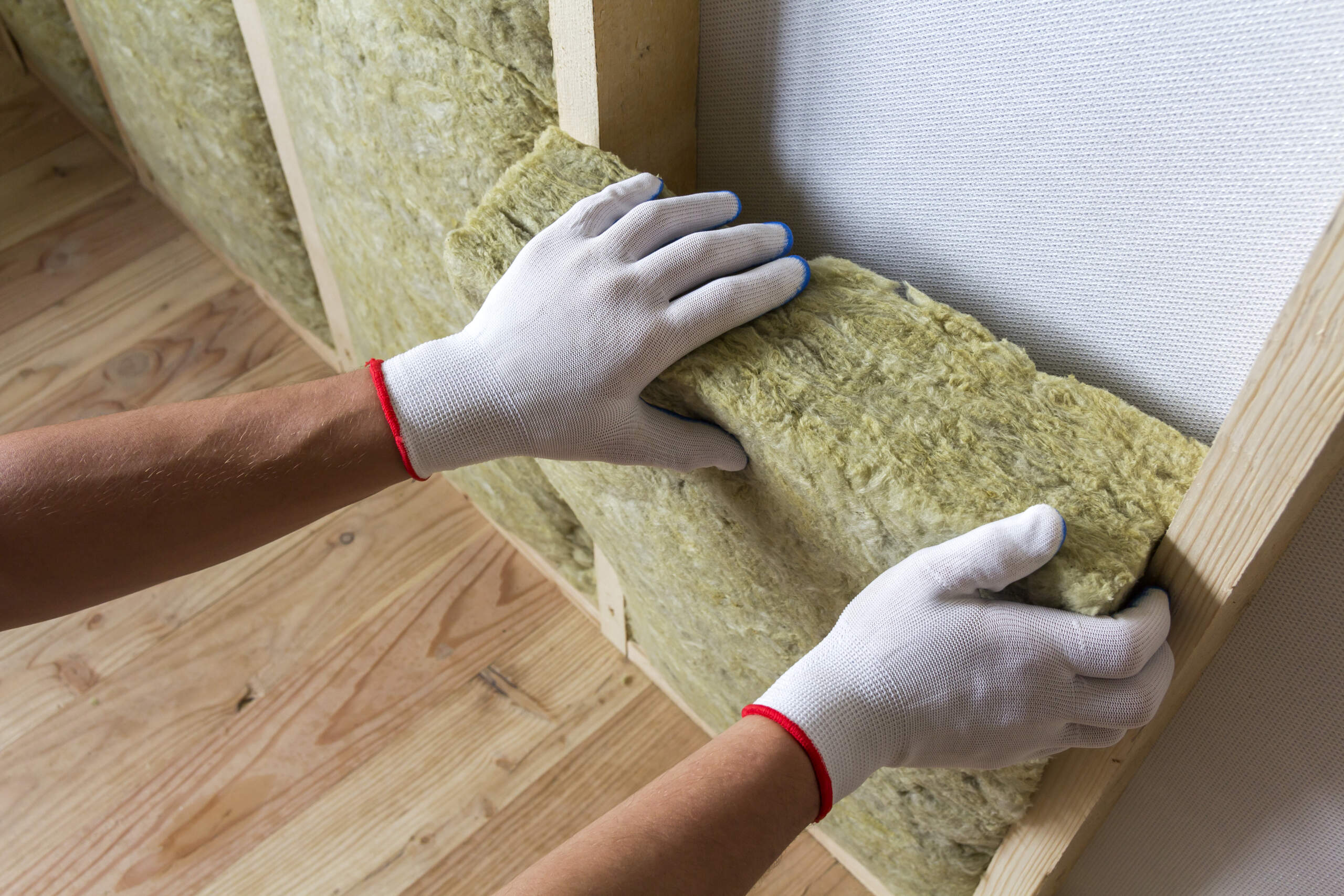One of the most crucial aspects of homeownership is keeping your new space comfortable and energy efficient. In this article, we’ll explore the ins and outs of home insulation, providing new home buyers with the knowledge needed to make informed decisions and maintain a cozy living environment.
Understanding the Importance of Home Insulation
Before diving into the specifics, it’s essential to grasp why home insulation matters. Proper insulation helps regulate indoor temperatures, reduces energy consumption, and lowers utility bills. In addition, it contributes to a more sustainable and eco-friendly living space. Therefore, as a new home buyer, you want to make sure that your home is well-insulated. This will allow you to get the most out of your new investment and enjoy your living space.
Tips for Improving Your Home’s Insulation
Now that we’ve got the basics out of the way, let’s explore some general tips to enhance your home’s overall insulation. These practical suggestions will help new home buyers create a more energy-efficient and comfortable living space:
1. Identify Insulation Needs
Start by assessing your new home’s current insulation. Take notice of drafts, cold spots, and high energy bills. These are indicators that your home may need insulation improvements.
2. Know the Types of Insulation
Familiarize yourself with various types of insulation. Common types include fiberglass, cellulose, foam board, and more. Each has its strengths and weaknesses, so understanding these options is key to making the right choice.
3. Evaluate the R-Value
Insulation effectiveness is measured by its R-value. The higher the R-value, the better the insulation performs. Different parts of your home may require different R-values, so consult a professional for guidance.
4. Insulate Attics and Crawl Spaces
Attics and crawl spaces are prime areas for heat loss. Insulating these spaces can significantly improve your home’s energy efficiency and comfort.
5. Seal Gaps and Cracks
Tiny gaps and cracks in walls, floors, and windows can let in drafts. Seal these openings to prevent heat loss and save on energy costs.
6. Consider Energy-Efficient Windows and Doors
Investing in energy-efficient windows and doors can enhance your home’s insulation. Look for products with the ENERGY STAR label.
7. Seek Professional Guidance
When in doubt, consult a professional insulation contractor. They can conduct an energy audit and recommend the best insulation solutions tailored to your home’s unique needs.
Get More Information
At Mortgage Solutions Financial, we specialize in helping new home buyers. Whether you’re making improvements to an existing home or considering insulation for your new house, we’re here to help you make the right financial choices. Call today to speak to an expert.





